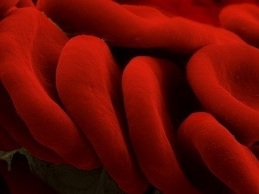Blood works understanding normal
 Published: 7 May 2024
Published: 7 May 2024
Low Cholesterol Levels and Heart Disease Risk
Low levels of low-density lipoprotein (LDL) cholesterol, also known as "bad cholesterol," are associated with an increased risk of heart problems.
Lipid Panel Tests
A lipid panel is a blood test that measures different types of fats (triglycerides) and cholesterol in the blood, including:
* Total Cholesterol: Measures overall levels of LDL and HDL cholesterol.
* LDL ("Bad") Cholesterol: Linked to heart disease and clogged arteries.
* HDL ("Good") Cholesterol: Protects against heart disease.
* Triglycerides: A type of fat found in the blood.
Total Cholesterol to HDL Ratio
This ratio helps determine an individual's risk of heart disease. A higher ratio may indicate increased risk.
Lab Blood Test Analysis
Blood tests provide valuable information about an individual's health. A lipid panel is one component of a broader blood test that can include:
* Complete blood count
* Metabolic panel
Understanding Test Results
Lipid panel results may be listed under the general heading "Test Name." It's important to differentiate between the three main types of tests:
* Total Cholesterol
* LDL ("Bad") Cholesterol
* HDL ("Good") Cholesterol
High LDL cholesterol levels and a high total cholesterol to HDL ratio can indicate potential heart problems, while high HDL cholesterol levels are beneficial.
Additional Considerations
* Lab blood tests are a reliable way to assess medical conditions.
* Comments on test results should be reviewed with a healthcare professional to clarify their interpretation.
 Published: 7 May 2024
Published: 7 May 2024